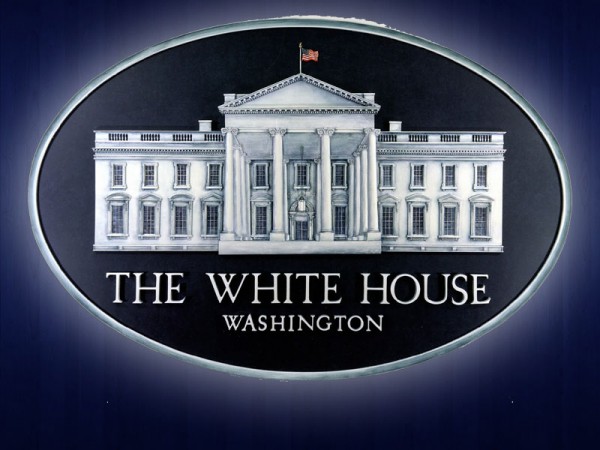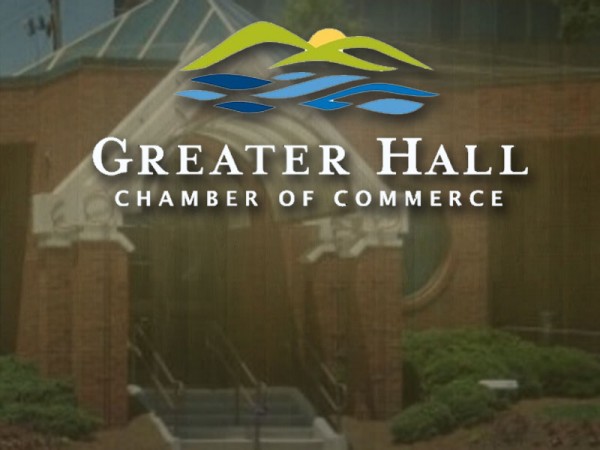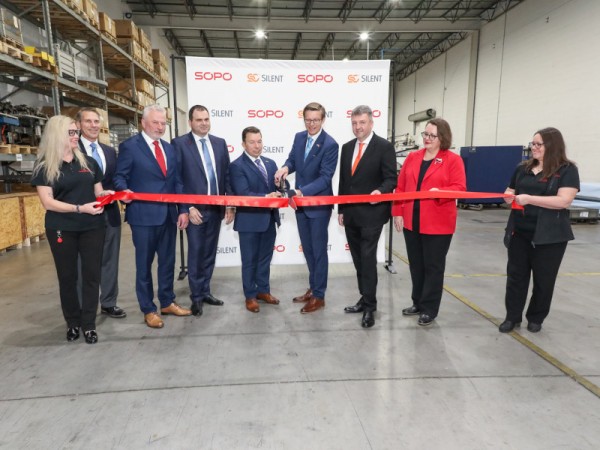CUPERTINO, Calif. - Despite hearing boos from shareholders, Hewlett-Packard Co. chief Carly Fiorina claimed to have enough support for the $20 billion purchase of Compaq Computer Corp., putting the mega-merger into the hands of Compaq investors Wednesday.
HP director Walter Hewlett, who led a fierce five-month campaign against the deal, insisted the shareholder vote was too close to call, especially since investors can change their minds several times, with only their last ballot counting.
But Fiorina said HP's proxy solicitor had assured her the company would have enough votes to win.
"We think we have a slim but sufficient margin, and we think it's important to let people know that," she said.
It will take several weeks to determine the official result of what appeared to be the closest corporate election in years. Independent proxy counters must verify each vote, and each side can challenge whether the proper people signed certain ballots.
No such drama was likely in Houston, where Compaq shareholders were expected to overwhelmingly approve the deal because the company has been struggling and HP is paying a premium for its shares.
Once both shareholders' votes are certified, HP and Compaq can then begin working together. Compaq chief financial officer Jeff Clarke said he expects the deal to take three weeks to close.
"We are very close to making this merger a reality," said Compaq CEO Michael Capellas, who would be No. 2 at the new HP.
HP's claim of victory came as somewhat of a surprise because when the day began, nearly one-fourth of HP shares were publicly in Hewlett's camp and less than 10 percent had come out in favor of the deal. But HP had claimed for a while to have a "silent majority."
HP and Compaq say the deal is essential for their survival in the consolidating computing industry. They believe that together they can dramatically improve their end-to-end packages for corporate customers, improve their slumping personal-computer divisions and generate $2.5 billion a year in cost savings.
Hewlett contends HP is overpaying for Compaq, would get bogged down selling low-margin personal computers and services and shouldn't risk the complex integration of the companies' huge organizations.
That disagreement became one of the most intriguing episodes in high-tech history, largely because HP is one of Silicon Valley's marquee institutions and its late founders are revered as visionary engineers.
Fiorina, who was hired to lead the giant computer and printer maker in 1999 and ordered to shake up the company, had staked her reputation on the deal and was expected to resign if it failed.
She had to overcome an initially hostile reaction from Wall Street after the Compaq deal was announced on Sept. 3, and then the opposition of Hewlett and Packard family interests with 18 percent of HP stock. Several large pension funds also opposed the deal.
"She took a strong position based on what she believed in, and it's to her credit that she followed through whether she wins or loses," said Forrester Research analyst Charles Rutstein. "This has been a polarizing battle."
With the stakes so high, HP and Walter Hewlett each spent tens of millions of dollars to deluge HP's 900,000 shareholders with letters, advertisements, telemarketers' phone calls and multiple ballots.
"I feel like I stepped out of my life and into an alternative universe, if you will, but it was definitely a cause that needed to be taken up," Hewlett said after Tuesday's shareholder meeting.
Mike Beman, 24, of nearby Los Altos, opposed the deal and said he attended the meeting to be part of Silicon Valley history.
"The thing that swayed me was that the Hewlett and Packard foundations are both against it," he said. "I really respect their opinions over that of the board."
Despite the viciousness of the proxy fight, the shareholder meeting was relatively civil.
Hewlett spoke briefly, thanking HP's employees and stockholders for listening to his arguments against the deal. When he concluded, he got a standing ovation. Fiorina also applauded from her podium on the stage.
Then shareholders had a chance to question Fiorina. Many were current or former employees.
When one man asked Fiorina about independent polls that found employees at three HP sites opposed the Compaq acquisition by a 2-to-1 ratio, she responded that internal surveys gave her confidence that most workers company-wide actually support the deal.
Many in the crowd booed.
HP shares fell 45 cents, more than 2 percent, to $18.80 on the New York Stock Exchange, where Compaq jumped 78 cents, 7.5 percent, to $11.14.
Friday
July 4th, 2025
4:25AM
















